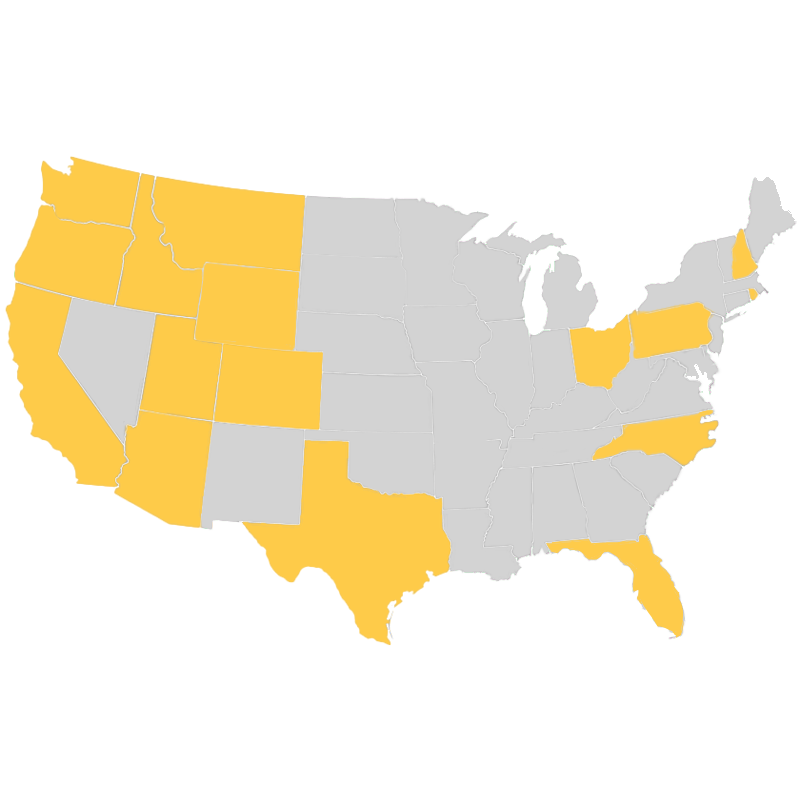Think you know what home insurance covers? Think again. Misconceptions about your coverage could leave you exposed when it matters most, potentially costing you money and peace of mind. The world of home insurance is full of myths that can lead to confusion, poor decisions, and even financial loss. Let’s set the record straight by debunking five common home insurance myths, so you can make informed choices and better protect your home and your wallet.
Myth 1: Home Insurance Covers Everything in Your Home
Truth: While home insurance does cover many personal belongings, it doesn’t cover everything. Homeowners insurance generally protects against perils like fire, theft, and certain types of water damage. However, certain items like jewelry, art, or collectibles may not be fully covered unless you purchase additional endorsements or riders.
To ensure your valuables are adequately protected, take an inventory of your belongings and assess their value. Understanding what home insurance covers is essential, especially for high-value items. It’s a good idea to talk to your insurance agent about adding extra coverage to your policy. This proactive approach will give you peace of mind knowing your prized possessions are secure.
Myth 2: I Don’t Need Home Insurance if My Home Is Paid Off
Truth: Even if your home is paid off, you should still consider maintaining home insurance. Without insurance, you could face significant financial loss if disaster strikes. Imagine your home experiences a fire or a severe storm. Without coverage, you would be responsible for all repair costs, which can be devastating.
Additionally, many local governments require home insurance for homes within certain areas, especially those prone to natural disasters. Even if it’s not mandated, having insurance protects your investment and ensures you won’t face financial ruin in the event of an unexpected incident. Understanding what home insurance covers can help you appreciate its importance in protecting your paid-off asset.
Myth 3: All Home Insurance Policies Are the Same
Truth: Not all home insurance policies are created equal. While most policies provide similar types of coverage, there are significant differences in terms of what is covered, how much coverage is provided, and the conditions of the policy.
For example, a standard homeowner’s policy (HO-3) covers the structure and personal property against most perils. However, if you live in a high-risk area for flooding, you might need a separate flood policy. Other homeowners might consider specialized coverage, such as landlord insurance if they’re renting out their property.
Before committing to a policy, take the time to read the fine print and understand what home insurance covers. This will help you choose the right coverage for your unique needs, ensuring you know exactly what you’re getting.
Myth 4: Making a Claim Will Always Raise My Premium
Truth: While it’s true that filing a claim can impact your insurance premium, it’s not a guaranteed increase. Insurance companies typically evaluate claims history when determining rates, and not all claims will result in higher premiums.
For instance, if you file a claim for a minor incident, such as a small roof leak that costs a few hundred dollars to fix, your insurer may not raise your rates. Conversely, frequent or large claims can flag you as a high-risk policyholder, potentially leading to premium increases.
It’s essential to weigh the pros and cons before filing a claim. If the cost of the damage is close to your deductible, it may not be worth filing. However, if it’s a significant loss, you should definitely consider making a claim to protect yourself financially and to understand how it may affect what home insurance covers.
Myth 5: My Home Insurance Will Cover Me When I Rent Out My Home
Truth: If you’re renting out your home, your standard home insurance policy may not provide the coverage you need. Homeowner’s insurance is designed for owner-occupied properties. When you rent out your home, you expose yourself to different risks, such as tenant-caused damage or liability for injuries on your property.
If you’re considering becoming a landlord, you’ll want to look into a landlord insurance policy that specifically covers rental properties. This type of policy generally provides coverage for the structure of the home and liability protection in case a tenant gets injured while on your property.
Before renting out your home, speak with your insurance agent to discuss your options and ensure you have the appropriate coverage in place. Knowing what home insurance covers in the context of renting can save you from unexpected expenses.
Protect Your Home with Knowledge: Debunking Myths for Peace of Mind
Understanding the truths behind these home insurance myths is crucial for every homeowner. Insurance can be confusing, and misinformation can lead to costly mistakes. By debunking these myths, you can make informed decisions about your coverage, ensuring you and your home are well protected.
Whether you’re a first-time homeowner or have been in your home for years, take the time to review your policy, talk to your insurance agent, and ask questions. Your home is one of your most important investments—don’t leave it unprotected due to misconceptions.
About Associated Agents
At Associated Agents Group, we are dedicated to helping you protect what matters most. With decades of experience in the insurance industry, our team of knowledgeable and compassionate agents are committed to providing personalized solutions that fit your unique needs. Whether you’re looking for comprehensive home insurance, auto coverage, or a tailored business policy, we offer a wide range of options to ensure you’re fully covered. Give our agents a call at 509-928-7528 for a free home insurance quote or consultation.












